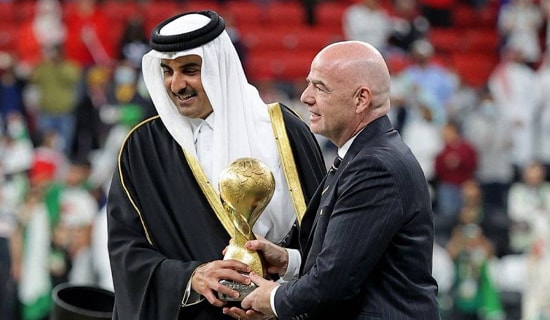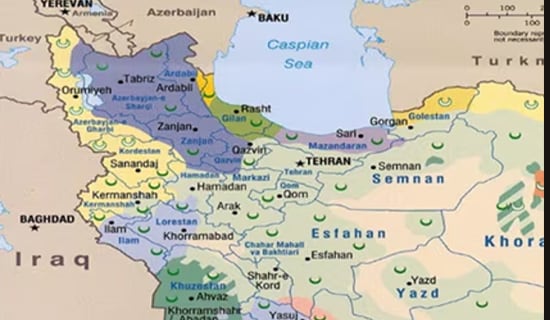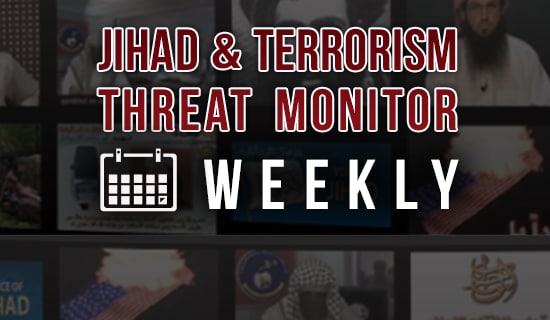
Pakistani author Ahmed Rashid
Following the September 20 assassination of former Afghan President Burhanuddin Rabbani and earlier attacks on the U.S. Embassy and NATO headquarters in Kabul, Pakistani author Ahmed Rashid answered a range of questions regarding the growing rupture in Pakistan-U.S. relations. Ahmed Rashid is a well-known journalist who has authored several books on the Taliban.
In an interview with Afghanistan's TOLOnews television channel, Ahmed Rashid argued that the Taliban's Haqqani Network has enjoyed support of the Pakistani military and intelligence over a long period, and it is unlikely that Pakistan will accept U.S. demands for military action against the network, who are based in the Pakistani tribal region of Waziristan.
In the interview, Ahmed Rashid also pointed out that the Haqqani Network is the most capable of all the terror organizations in Afghanistan, and is also backed by Pakistani terrorist organizations such as Lashkar-e-Taiba and Jaish-e-Muhammad, which are based in Pakistan's Punjab province.
Following are excerpts from the interview:[1]
"The Real Danger is that the U.S. will Take Some Unilateral Military Action Such as Stepping up Drone Attacks or Possibly Bombing [inside Pakistan]"
Question: "How serious is the tension between Pakistan and the United States at the moment?"
Ahmed Rashid: "I think it's very serious. I think the real danger is that the U.S. will take some unilateral military action such as stepping up drone attacks or possibly bombing [inside Pakistan's Waziristan region], and that could lead to both countries going to war with each other, literally.
"This is very strange, considering that Pakistan was supposed to be an ally of the United States in combating terrorism over the last ten years, and the situation has now deteriorated to the point where they are literally in conflict to one another."
Question: "Do you think the U.S. would take the option of carrying out ground operation on Pakistani soil?"
Ahmed Rashid: "No, I don't think it will do ground operations. I am hoping, of course, that talks will begin between the two sides at a high level and the issue will be defused, but there is no question that the main sticky point … is that the U.S. is demanding that Pakistan take action against the Haqqani Network, [but] Pakistan is unlikely to do anything about that, at least for the time being."
Question: "Why do you think that is the case?"
Ahmed Rashid: "Well, I think because the Haqqani[s] have been very close [to] the Pakistani military and intelligence services for many many years and they have done great services for them, and Pakistan is not going to suddenly dump them and change the policy.
"Secondly, there is a domestic factor here that politicians and [others] have been rallying around the military, which has been taking this hardline [approach] with Americans. I don't think the military or the government can suddenly change track and go after Haqqani. I think there will a lot of public unrest in the country if they did."
"There is a Very Serious Crisis between Pakistan and Afghanistan, which Could Get Worse If Americans Take Military Actions Against Pakistan"
Question: "What if there is a choice between the Haqqani[s] and Americans for Pakistan?
Ahmed Rashid: "Well, I don't think it's in America's interest either to create such a … crisis situation. Maybe, there could be stepped-up actions by Pakistan, greater pressure to restrain Haqqani[s] wherever they are and prevent them [from] carrying out attacks in Afghanistan.
"Some kinds of halfway measures, for the time being, [will] satisfy the U.S. and restore the relationship. Don't forget that that 50 or 60 percent of the goods for the U.S. military still comes through Pakistan. There [is little that] the U.S. can do to pressure Pakistan because Pakistan of course can stop those supplies, and it will be a real crisis."
Question: "What would be the consequences of the U.S.-Pakistan tensions in Afghanistan?"
Ahmed Rashid: "Well, I think you know for Afghans it will be very serious because it will distance Pakistan even more from Afghanistan, and the fears and suspicions that many Afghans have regarding Pakistan and its intelligence services, its support for the Taliban and Haqqanis – all these suspicions will grow even more and there will be more distrust.
"I think the hope that President Karzai had of leaning towards Pakistan to help him talk to the Taliban and bring about the negotiated end to the war; I think that has probably been put on hold right now with death of Professor [Burhanuddin] Rabbani. There is a very serious crisis between Pakistan and Afghanistan which could get worse if Americans take military actions against Pakistan."
Question: "Why is there a serious interest for Haqqani in the U.S. compared to the mainstream Taliban?"
Ahmed Rashid: "Well, I think there is no doubt that the Haqqanis have proven their ability essentially to conduct [operations] other than guerilla warfare. That is the capacity groups such as Quetta Shura and even [Hizb-e-Islami Afghanistan chief] Gulbuddin Hekmatyar do not necessarily have. He [Haqqani Network chief Sirajuddin Haqqani] is backed by a lot of the Pakistani militant groups such as Lashkar-e-Taiba, Jaish-e-Mohammad; he has training facilities, he has educated young people, not just tribesmen. I think the particular ability of the Haqqani is this urban terrorism."
[1] www.tolonews.com (Afghanistan), September 29, 2011. The text of the interview has been lightly edited for clarity.








